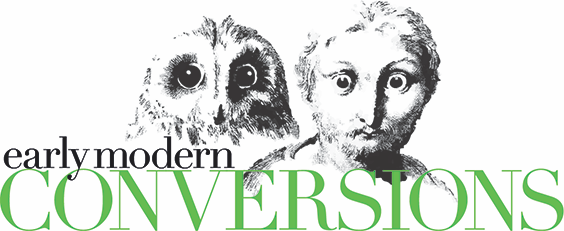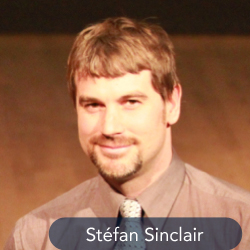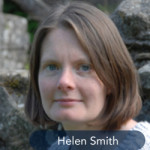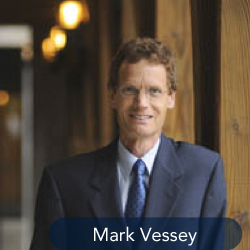
Project Description:
The “Early Modern Cities as Theaters of Conversion” research group studies the way in which the intersection of Renaissance ideas on urban space and the emergence of modern theater allowed cities in both Europe and the Americas to become instruments/agents of religious, political, cultural, and psychological conversion in the Early Modern Period capable of transforming the beliefs as well as the physical and sensorial experiences of different sections of the population. We initially (and provisionally) focused on the following cities: London, Venice, Madrid, Mexico, and Lima/Cuzco. By selecting these cities as case studies our group seeks to establish a comparative perspective that illuminates the similarities, but also the differences in the way in which those urban centers became “theaters of conversion”. Members of the group are encouraged to develop and present their chosen case studies from the point of view of their own interests and methodologies, but also taking into account as much as possible the cognitive ecologies and digital humanities paradigms as well as the broader questions that the project seeks to answer about the meaning of conversion in the Early Modern period.
– Click here for the Group Discussion Forum (username and password required).
– If you are a partner and you would like to join the discussion forum for this group, please contact the site administrator.
Read and Listen to our Previous Sessions:
March 10 2014 – Cities as Theatres of Conversion
Group Members:
Jose R. Jouve-Martin (group co-leader)
Stephen Wittek (group co-leader)













